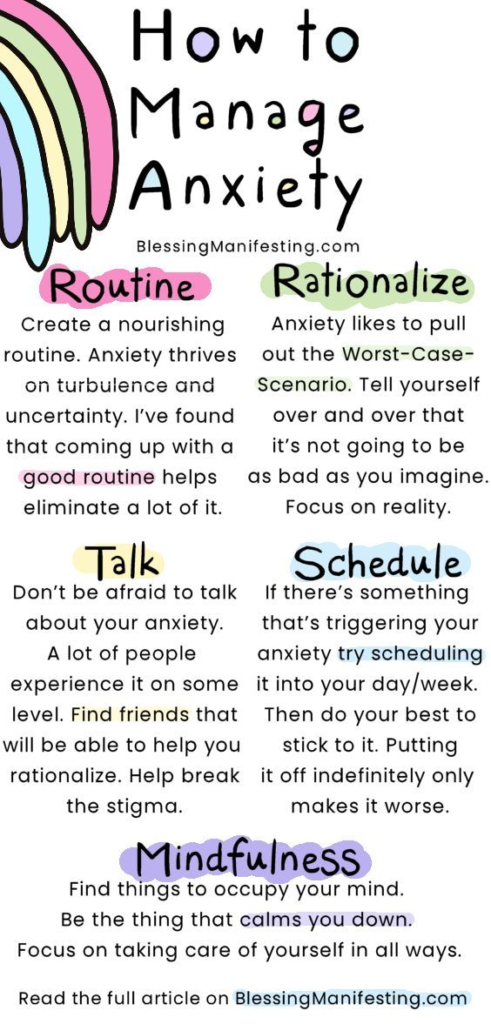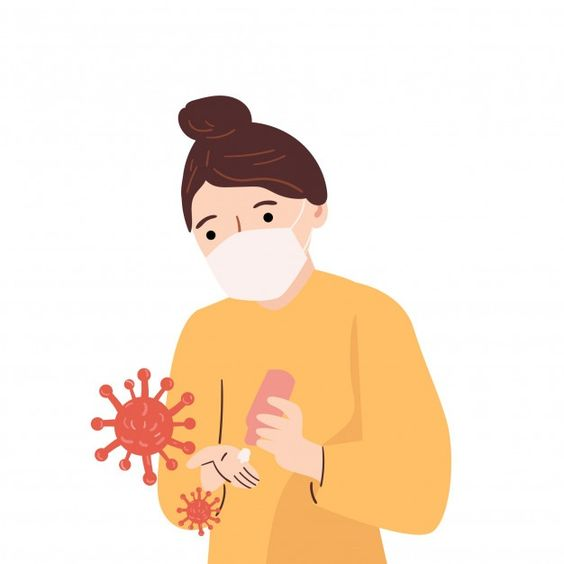It should come as no surprise that Delhi University has announced the reopening of colleges on February 17th, 2022.
This decision was made last week, with ten days’ notice for outstation students to relocate, causing panic and confusion. Many students are anxious about returning to college, whether it’s the dread of adjusting to life away from home in college or finding a home in a different city for children from various states. After a two-year gap, many students find it challenging to return to an offline environment. If students are forced to attend offline lectures, mental health specialists fear that this anxiousness can lead to additional issues.

The last two years have been difficult for children. The lockdown has had a significant impact on the mental health of students. They found refuge in their screens in the lack of outdoor activities. If authorities continue to force things down the kids’ throats, they will suffer from insomnia, be unable to concentrate on their academics, and endure mental exhaustion. Many children have been exposed to the virus, which has resulted in serious health problems and anxiety. Some have lost a family member, which has been distressing for them. Many families too have lost their jobs as a result of the crisis.
As a result, many students are still suffering from the virus, both physically and mentally, and the rapid reopening of Delhi University has added to their worries.
Students believe that reopening educational institutions is necessary, but that it should be done gradually. Furthermore, on February 9th, the order to restart offline classes was issued. It “recommended” students to arrive in Delhi early enough to finish a three-day required isolation time before the 17th. Outstation students were given only 3-4 days to arrange their travel tickets and finding accommodation within a budget in a city like New Delhi could be worrisome for students.
Furthermore, students in their last semester of college, believe that it is pointless for them to make these arrangements for just 45 working days. And if cases rise again ( which is highly likely) they will have to pack their bags and go home. All this is leading to major stress in their lives.
Tips to cope with 'back-to-college' woes

 Although there is no sure shot way of moving past anxiety, here are some simple tips to help students with back-to-school anxiety.
Although there is no sure shot way of moving past anxiety, here are some simple tips to help students with back-to-school anxiety.
- Anxiety levels can be substantially reduced if students have a routine that includes not only their study schedule but also indoor and outdoor activities as well as time for self-care.
- Students should make a routine and follow it regularly such as sleeping on time and eating healthy. Don’t let your basic timetable go down the drain.
- Indulge in exercise and meditation.
- Think about the positive things about your college days, this will encourage you to attend physical classes.
- The first and the second year students should try and interact with new peers and friends, be social and welcoming.
- Make plans with your mates, such as going out for brunch after classes or maybe a group study at your place.
- Colleges can try to ensure a smooth transition from online medium to the offline medium by a gradual increase in classes. Parents can try to identify the signs and symptoms of anxiety in kids. These can include erratic moods, sleeplessness, loss of interest in everyday activities, inability to concentrate, easily fatigued, irritability, and excuses to dodge school.
- Peers, parents and teachers should recognise and emphasize the concerns – be it COVID scare or fear of accommodating in a new environment.
Most importantly, don’t forget to wear a mask and sanitise your hands

